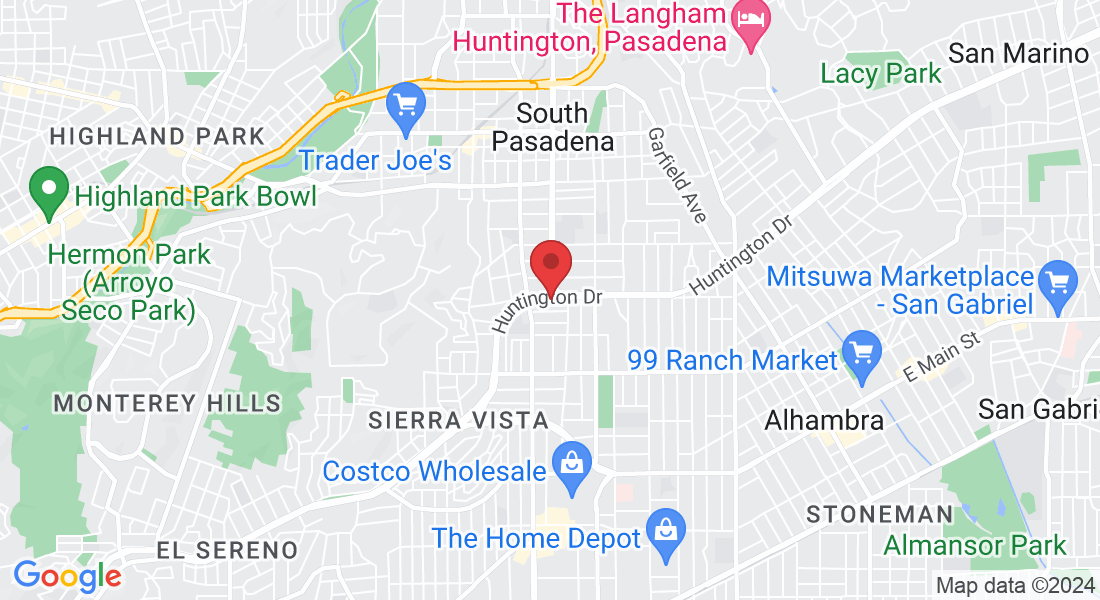Blog & Resources

Setting Boundaries with Immigrant Parents Who Don't Understand Western Culture
Growing up in a multicultural family can be a beautiful experience that offers the richness of different traditions and perspectives. However, it can also present challenges, especially when parents from immigrant backgrounds have difficulty understanding or accepting Western culture. Balancing the preservation of cultural traditions while setting boundaries can be a delicate task.
In this blog, we will explore strategies for establishing boundaries with immigrant parents and maintaining cultural traditions without causing conflict.
Strategies for stablishing healthy boundaries
Understand Cultural Differences:
To effectively communicate and set boundaries, it is crucial to understand the cultural differences that may influence your parent's perspective. Recognize that their upbringing and experiences have shaped their beliefs and values, which may differ from Western norms. By acknowledging and respecting these differences, you can approach conversations with empathy, respect and open-mindedness.
Communicate Openly and Respectfully:
Start by having open and honest conversations with your parents about your feelings, needs, and desires. Clearly express your reasons for wanting to set boundaries while emphasizing your love and respect for your cultural heritage. Use "I" statements to explain how certain behaviors or expectations make you feel, rather than accusing or blaming your parents. Approach the conversation with the intention of finding a compromise that respects both your individuality and your shared cultural values.
Educate and Bridge the Gap:
Help your parents understand the Western culture by sharing information and experiences. Explain the reasons behind certain customs or behaviors that they may find unfamiliar or challenging. Encourage them to ask questions and be patient in providing explanations. By bridging the gap in understanding, you can foster empathy and create a more harmonious environment.
Set Clear Boundaries:
Identify the areas where you feel the need to establish boundaries. This could include personal space, career choices, relationships, or cultural practices. Clearly communicate your limits and expectations to your parents, emphasizing that these boundaries are necessary for your personal growth and happiness. Be firm but respectful in asserting yourself and be prepared for initial resistance or confusion. Consistency in enforcing boundaries is crucial to establishing a new dynamic.
Seek Mediation or Therapy:
If communication and setting boundaries become too challenging or conflictual, consider involving a mediator or seeking family therapy. A neutral third party can help facilitate productive conversations and provide guidance in navigating cultural differences. Professional assistance can create a safe space for all family members to express their thoughts and emotions without judgment.
Find Compromise and Balance:
While setting boundaries, it is important to find a balance that allows you to maintain your cultural traditions without compromising your personal autonomy. Seek opportunities to compromise with your parents, finding ways to participate in cultural events that align with your values and comfort level. For example, you can discuss modifications or adaptations to certain traditions that feel more aligned with your Western lifestyle.
Setting boundaries with immigrant parents who don't understand Western culture can be a complex journey of self-discovery and growth. It is important to approach these conversations with compassion, recognizing that our parents may not have had the same exposure to Western culture as we have. By empathizing with their perspective and communicating openly and respectfully, we can bridge the gap between cultures and establish a healthy balance between preserving traditions and asserting our individuality. Remember that change takes time, and conflicts may arise along the way. However, with patience, understanding, and perseverance, it is possible to create a harmonious environment where cultural traditions and personal boundaries coexist.
Examples of boundaries
"I understand that you come from a different cultural background, but I need to set a boundary when it comes to my personal space"
"I appreciate our cultural traditions, but I would like to establish a boundary around my career choices and make decisions that align with my own aspirations"
"I value our family's customs, but I need to set a boundary when it comes to my relationships and make choices that make me feel comfortable and respected."
"I respect our cultural values, but I would like to set a boundary around my financial independence and make decisions that align with my own financial goals."
"I love and appreciate our cultural heritage, but I need to set a boundary around my personal beliefs and have the freedom to explore and develop my own spirituality."
"I understand the significance of our cultural events, but I need to set a boundary around my participation based on my own physical and emotional well-being."
"I value our family's traditions, but I need to set a boundary around my personal appearance and dress in a way that reflects my own style and comfort."
"I respect our cultural expectations, but I need to set a boundary around my social life and have the freedom to choose my own friendships and social activities."
"I appreciate our cultural values, but I need to set a boundary around my decision-making process and have the autonomy to make choices that align with my own values and beliefs."
"I understand the importance of our cultural norms, but I need to set a boundary around my personal time and have moments of solitude to recharge and take care of myself."

Exclusive Interview: Fabiola Lopez's Journey Into Inner Child Healing With Hypnotherapy And Coaching
Inspiring Conversations with Fabiola Lopez of South Pasadena Hypnosis


Meet Fabiola Lopez | Clinical hypnotherapist & Trauma Recovery Coach
Office: 1499 Huntington Dr, Suite 328 South Pasadena, CA 91030
Email: flopez@southpasadenahypnosis.com





